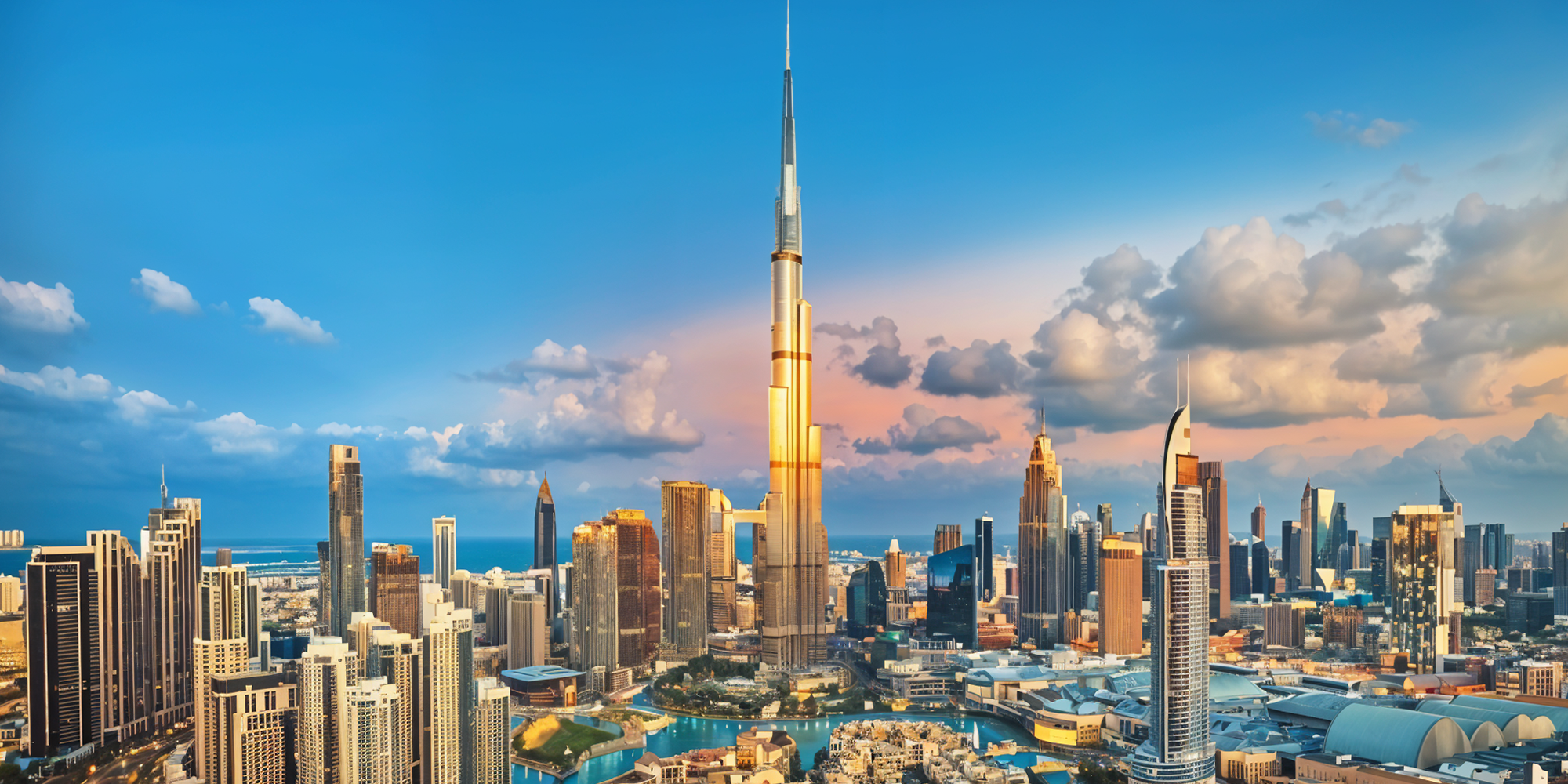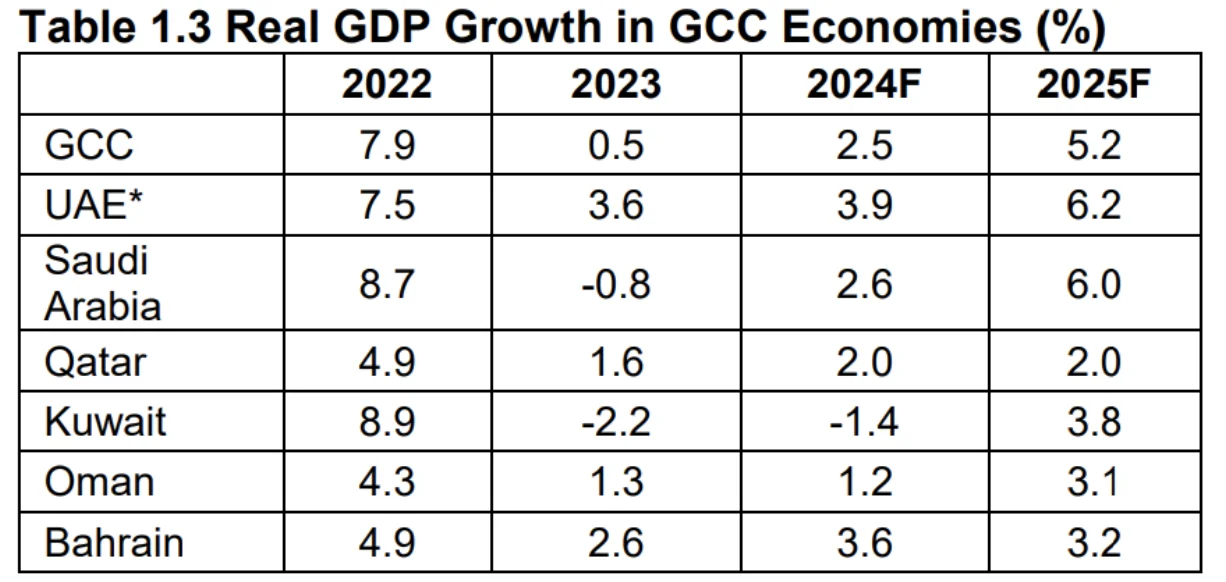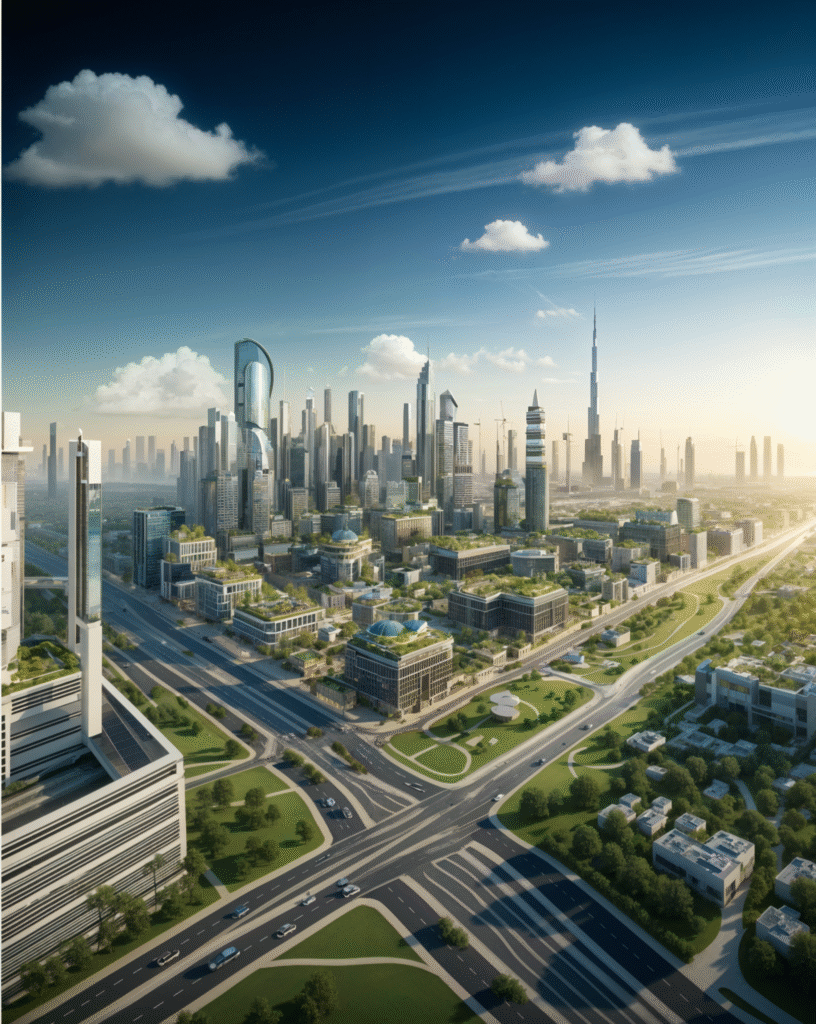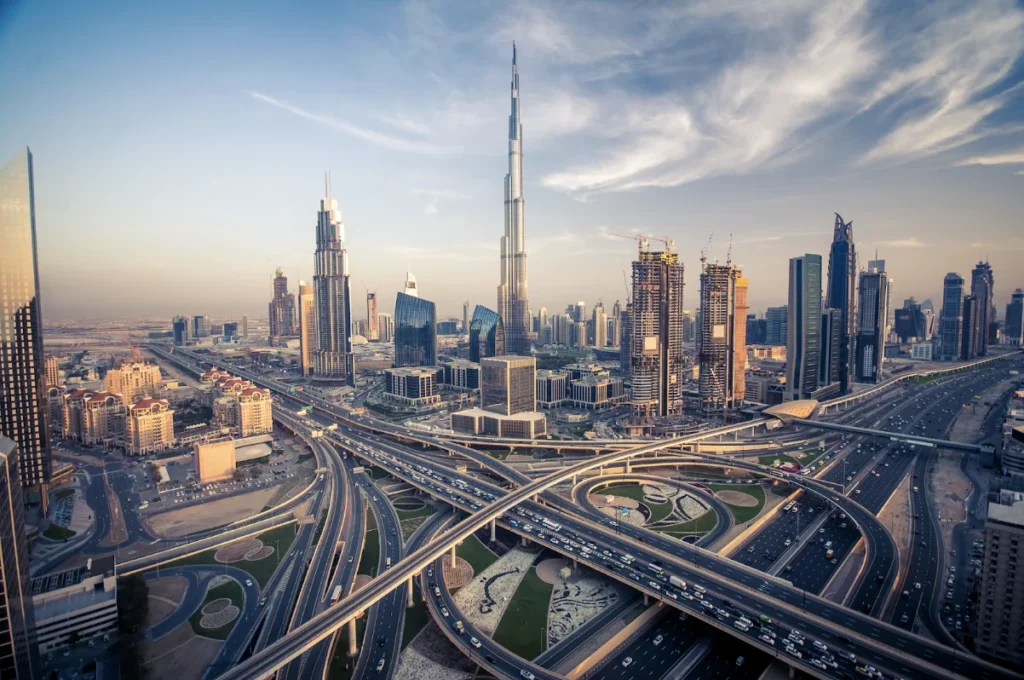Future of Real Estate in Dubai: 2025 Prognosis

The Dubai real estate market has now picked up momentum in 2024, with continued demand for both residential and commercial real estate. In fact, the post-pandemic recovery, government reforms, and further foreign investment have put the emirate at a high level of activity across the sector.
Current Real Estate Market Snapshot
The UAE Central Bank forecasts national GDP growth of 6.2% in 2025, driven by the development of the real estate sector. The amount of luxury real estate projects in Dubai is expected to decrease in 2025, as developers will continue to focus on affordable and mid-range real estate.

Major Drivers of Real Estate in Dubai for 2025:
An increasing number of professionals from around the world are moving to Dubai for work, which inevitably drives up rental prices. Attracted by career opportunities, competitive salaries, high quality of life, and a warm climate, Dubai continues to see population growth.
According to Dubai’s 2040 Urban Master Plan, the city’s population is going to reach 5.8 million. As more professionals arrive, demand for housing continues to rise as prices. So, the real estate trend in Dubai of rising rental costs is expected to persist in 2025.

Emerging Trends Shaping the Market:

There’s commitment to sustainable real estate Dubai development, including green building practices and renewable energy, will continue to influence Dubai real estate trends in 2025. Eco-friendly communities that prioritize energy efficiency, water conservation, and sustainable materials will become more prevalent.
Dubai’s ambitious smart city initiatives will drive the adoption of advanced technologies in real estate, such as IoT, AI, and automation. Smart home technology in buildings equipped with energy management systems, security solutions, and digital connectivity will become more prevalent.
The UAE Central Bank forecasts national GDP growth of 6.2% in 2025, driven by the development of the real estate sector. The amount of luxury real estate projects in Dubai is expected to decrease in 2025, as developers will continue to focus on affordable and mid-range real estate.
The increasing interest from local and international investors has added more pressure on the already tight housing supply, contributing to the demand-supply imbalance. Dubai’s appeal as a global luxury destination ensures that demand for high-end real estate remains strong, particularly in prime areas. With Dubai’s growing reputation as a hub for business, tourism, and high-end living, luxury Dubai real estate in 2025 likely will stay in demand.
Challenges and Considerations:

Strong global economic conditions can drive up property values in Dubai. The city’s luxury real estate segment tends to benefit from global economic prosperity, as it appeals to wealthy international investors.
Central banks worldwide are raising interest rates to combat inflation. This can make borrowing more expensive, potentially dampening demand for property purchases.
As a region largely influenced by the oil industry, fluctuations in global oil prices can significantly impact Dubai’s property market. Higher oil prices can increase government spending and private wealth, positively affecting the Dubai real estate sector in 2025.
Dubai imposes a transfer fee on the sale of real estate, typically amounting to 4% of the property value. It is split between the buyer and seller, albeit it is usually the buyer who pays. Understanding these transfer fees is essential for effective financial planning during the acquisition process.
Expert Predictions and Conclusion:
On the other side Owen said “It is unlikely that there will be a major slow down anytime soon because the UAE government’s open door policy for foreign investors has helped them tide through the tough and tumultuous times post-pandemic.”
Experts from Barclays Private Bank echo similar sentiments, noting that while short-term corrections may happen, there is no indication of a major crash on the horizon.
Government initiatives such as the Dubai 2040 Urban Master Plan, which focuses on sustainable development and high-quality infrastructure projects, further enhance the city’s appeal as a global business hub. This consistent flow of foreign direct investment and the growing expatriate community are key drivers of long-term stability in the real estate market.

